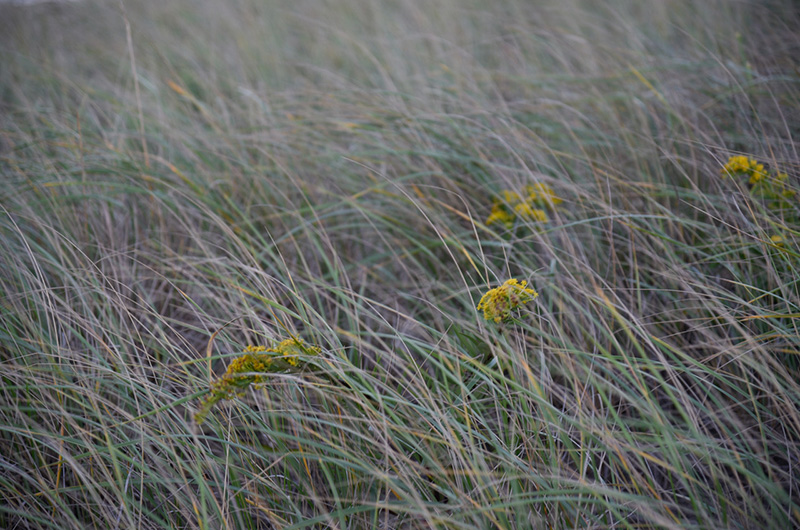Yard surveys are up but so are tick populations, especially the newest species of disease-carrying arachnid to invade Martha’s Vineyard: the lone star tick.
This is the post-summer report from the Martha’s Vineyard Tick-Borne Illness Prevention Program which has been working for the past three years to both study and stem the growing number of ticks that pose an increasingly pernicious public health threat on the Island.
“Lone star ticks are the story of the summer,” Island biologist Richard Johnson told the Gazette in a recent interview. “We’re finding them in big numbers now.”
Mr. Johnson leads the tick-borne illness prevention program which is backed by the Island boards of health, administered through the county and funded through donations, including from summer yard surveys.
With the help of two summer interns, some 200 yard surveys were done, twice the number from the year before, Mr. Johnson said. The surveys and other field work helped compile data for updated tick maps prepared by the Martha’s Vineyard Commission. A new map published at the end of the summer (and accompanying this story) documents the growing number of lone star ticks, a southern species that just two years ago was found only in isolated pockets of Chappaquiddick and Aquinnah. Now lone star ticks have spread to many other areas, Mr. Johnson confirmed.
“There are only a few places in Oak Bluffs and Vineyard Haven where we are not finding them,” he said.
Lone star ticks are capable of transmitting a variety of bacterial illnesses during the adult stage. Even in the larval stage the ticks can include a painful bite that causes prolonged itching and irritation. Mr. Johnson, who offers a brief primer on lone star ticks in a commentary in today’s edition, said that while the habits of the lone star need more study, it is known that they feed on deer during all three stages of their life cycle, adding even more urgency to recent efforts to reduce the deer herd on Martha’s Vineyard.
Those efforts have also seen some progress.
The Island Grown Initiative announced last week that for the second year it will help sponsor a venison donation program in which hunters donate deer and the meat is distributed free in the community.
Plans are in the works to set up a permanent cooler on Martha’s Vineyard Agricultural Society property in West Tisbury that would allow hunters who register to hang their deer, encouraging more take and more venison donations.
An interim cooler is available at the Island Grown Initiative Farm Hub in Vineyard Haven while the permanent cooler is completed, IGI executive director Rebecca Haag said.
“IGI is thrilled again to participate and help manage the deer donation program,” she said. “The program was well received last year and we hope to have significantly more venison available for Island residents this year.”
As was the case last year, donated venison will be distributed to Islanders in need and through the Island Food Pantry.
The deer archery season began Monday and has been extended by two weeks this year. It runs for eight weeks and is followed by a two-week shotgun season and a primitive firearms season. Deer hunting ends in December.
Meanwhile, Mr. Johnson said educational outreach remains ongoing. He plans to spend more time in the off season this year encouraging private landowners to open up their property to hunters.
“So much of this is going to depend on the cooperation of private property owners,” he said. “It’s not the deer in the state forest that are making people sick . . . it’s private property.” He said he plans to focus on neighborhood and homeowner associations and also general education about bow and arrow hunting.
Anyone interested in reducing deer and ticks on their property can contact Richard Johnson at mvticks@gmail.com or 508-693-1893. The Island boards of health have an educational website (mvboh.org/tbi.html) that contains detailed information about ticks and tick-borne illnesses. Tax-deductible donations to the tick-borne illness reduction program can be made through the Permanent Endowment of Martha’s Vineyard and mailed to Richard Johnson, 10 Tori Lane, Vineyard Haven, MA 02568.








Comments (18)
Comments
Comment policy »